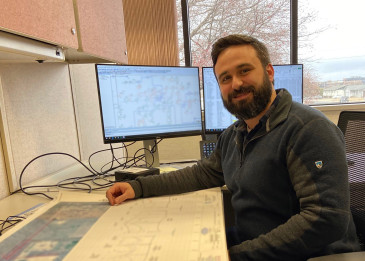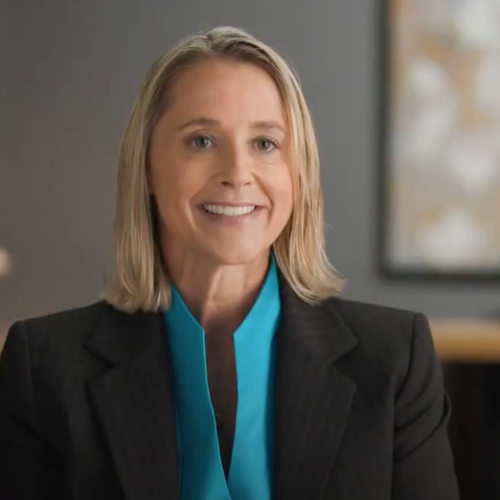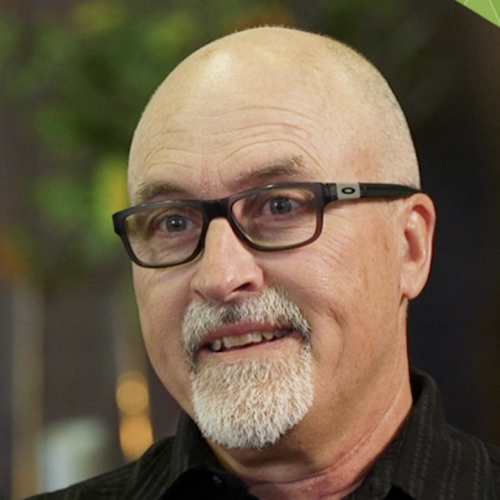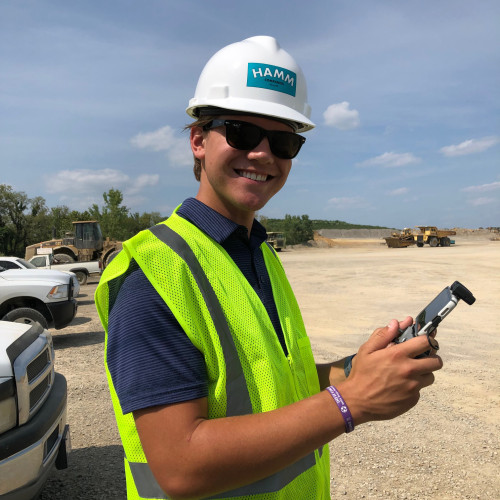
Ryan Benton
Transmission Planning Engineer
As a kid growing up in Birmingham, Alabama, I wanted to be a musician. Then I took economics in high school, and I realized there is a high supply of musicians and a low demand for paying jobs in music. So, I looked for other career options. My dad was an electrical engineer. I took a career assessment in high school and found I had the aptitude for engineering, too.
My high school didn’t have an AP program, so I didn’t get to take advanced math in high school. I attended the University of Alabama and majored in electrical engineering, and it was there I got my first experience with calculus. It was really hard, but I eventually got it! A lot of my peers dropped out of engineering because they could maybe solve the equations, but they didn’t really understand the concepts of what the math meant. The complex thinking and problem-solving skills you gain through advanced math are key to being a good engineer.
My first job after college was testing automated electrical distribution systems, which involved checking a lot of data. Next, I got a job designing electrical substations, and I did this for many years. Then, I went back to school and earned a master’s degree in business administration so I could get more involved in the planning aspect of the energy field. I liked that this type of work would merge my interests in engineering, economics and compliance with federal regulations.
In the summer of 2019, I landed my current job at Midwest Energy in Hays, which brought me to Kansas. Essentially, what I do as a transmission planning engineer is plan for the most effective and efficient ways to move energy from where it’s generated (power plants) to where it’s needed (such as in buildings and homes).
Any time there’s going to be a change in how that energy moves — such as adding a new piece of equipment, or if a line is added or retired from the system — my job is to study the situation and anticipate how that change could impact the flow of energy. I’m responsible for making sure the system won’t fail after such changes even when it’s under extreme stress, such as if a storm hits or a line goes down. I also make sure anything that we change is the most cost-effective solution and that it complies with federal rules.
If any of this type of engineering work sounds appealing to you, I recommend that you get as much experience as possible during high school with advanced math, computer programming and physics. Also, outside of school, do whatever you can to develop complex thinking skills like those that comes from puzzles, games and other types of problem solving.




